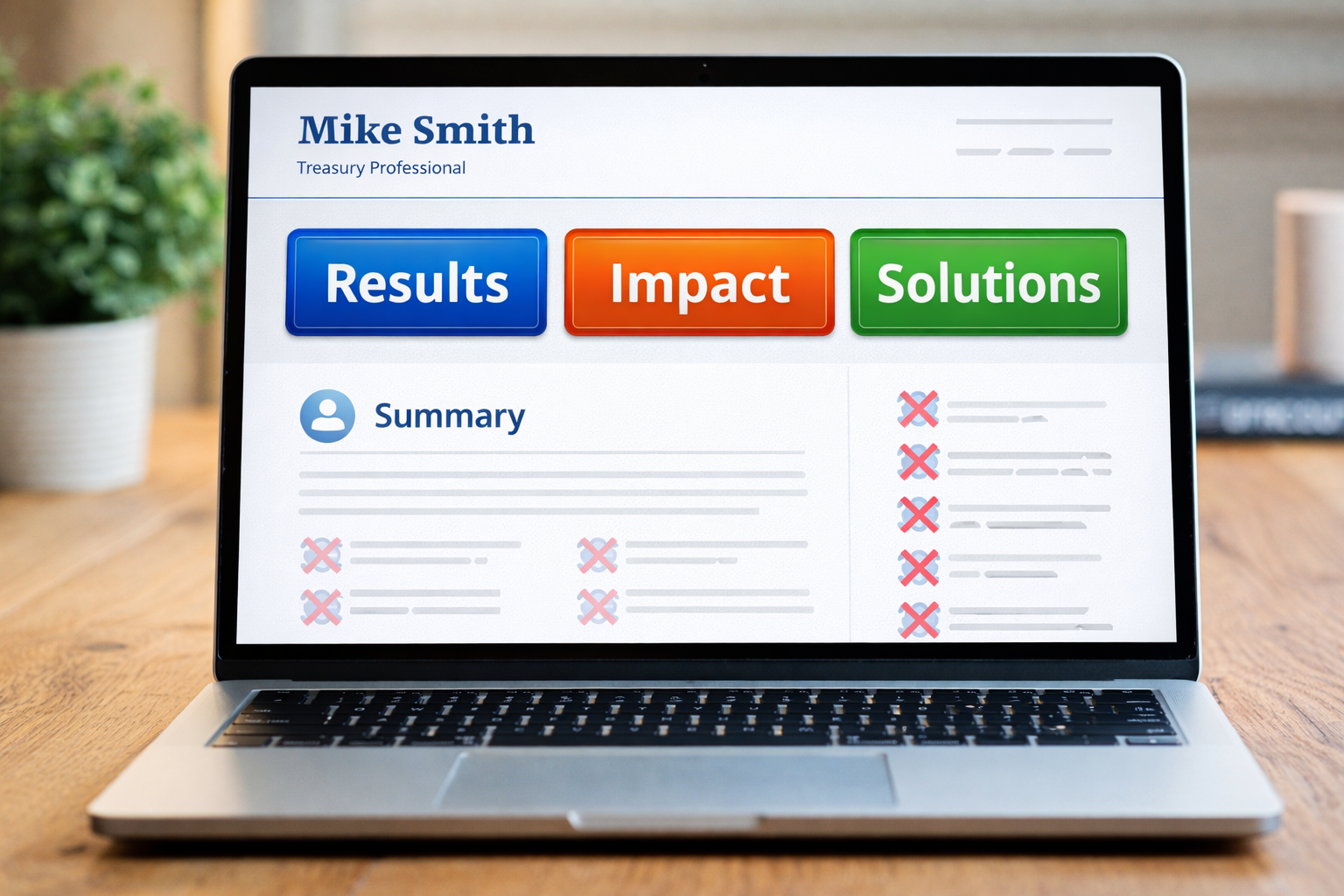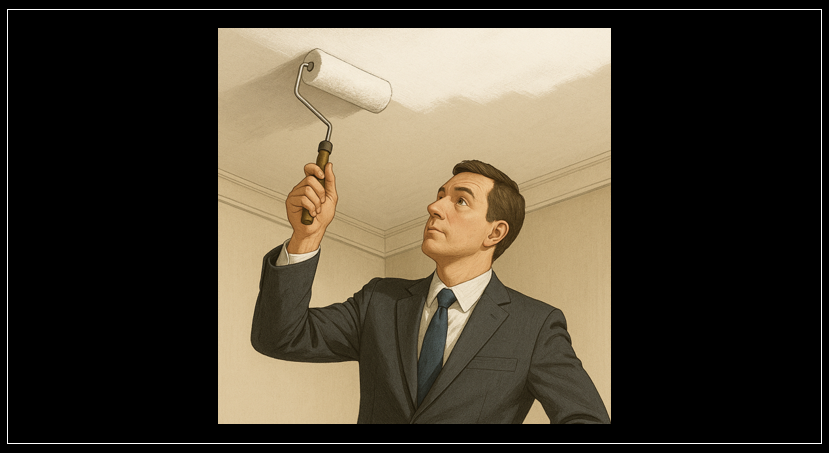In this article we talk about some of the best and the worst resumes and how your resume is simply a passport to getting an interview.
The first tool in your recruitment toolbox is your resume.
There is so much written about them, I’m not going to say I’m the only expert on resumes.
However, what I would say is that, with 20 years’ experience of reading some of the best and the worst examples, I hope I can share some tips and give you some useful Do’s and Don’ts.
I’ve seen some brilliantly concise interesting outlines of a person on a single page; I’ve seen single page resumes and thought ‘Why bother!’
I have seen what may be a world record; a 17-page resume from a candidate. It was amazing to find out that he came 5th in his High School sprint race, out of 16, that was a big achievement for him, and obviously something he was proud of.
So how long should a resume be?
It shouldn’t be ‘War and Peace’ – that’s already been written once, and we don’t need a sequel.
At the same time it shouldn’t be a classified advert that says “yes, pick me, pick me, I am the perfect solution to your problem!’ with no background information about you.
It should be as long as it takes to tell your story without boring someone.
Put yourself in the reader’s position and ask;
If this landed on my desk, would I read it? Would I find it interesting?
It should tell your story in a logical fashion.
What I mean by that is:
- A strong opening – tell the reader who you are and why its worth someone reading this resume
- An interesting plot – middle, with pointers, perhaps, towards
- Where you’re going next – where you’re going to develop, an indication of the direction where your career is headed in the next 5 to 10 years
I was recently asked “Should it always be chronological?” In my opinion YES.
Not just because of convention but also because our work lives are in themselves time bound, it’s the convention and it gives it a logical structure. As a recruiter what I want to see and what clients want to see is;
- Were you in a position long enough to learn from it and gain what you needed to bring it into your new position?
- Did you achieve your goals in your last position?
A lot of people think “I need to be in this role for 3 years, or 5 years, or 7 years”
That doesn’t matter.
What matters is what you’ve achieved in that role.
I’ve met with candidates that have been in the job for 12 months, but they’ve actually done the job, and there’s nothing left for them to achieve, it’s time to move on. That’s unusual but not unheard of.
Once you have read the article you will probably need to create your CV. Well here are again with some helpful CV templates feel free to use as you see fit!
I hope you enjoy them!



